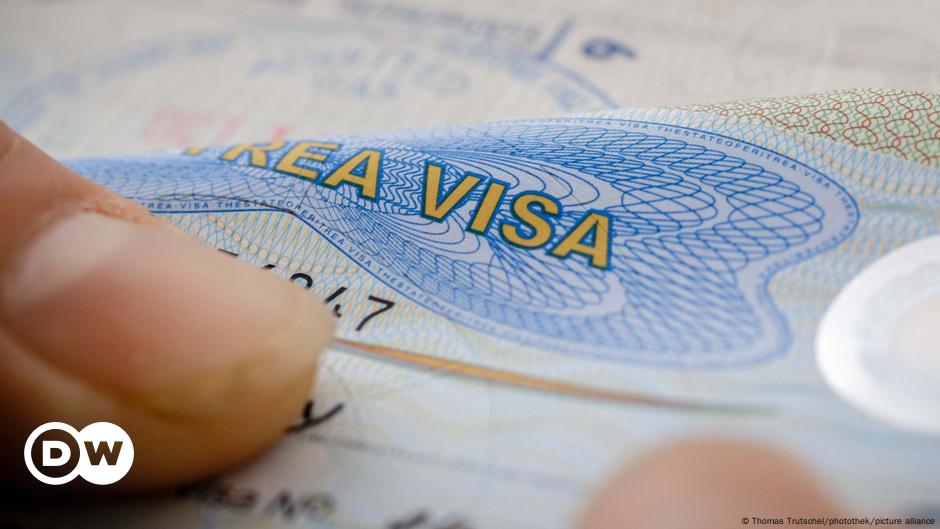Summary
Germany’s immigration reforms, introduced last year to address labor shortages, have resulted in a 10% increase in skilled worker visas, with 200,000 expected to be issued by the end of 2024.
The Opportunity Card, a points-based system inspired by Canada, simplifies entry for skilled workers and graduates from non-EU countries.
The reforms also boosted student visas (up 20%) and vocational training visas (up two-thirds).
Despite the progress, critics cite challenges in integrating migrants, while the far-right AfD party leverages immigration concerns ahead of February’s snap elections.
Germany still faces 1.34 million job vacancies.



Germany has a worker problem right now.
Amazon pays 2€/h above minimum wage for warehouse workers, Lidl pays 1€ above minimum wage for stocking shelves.
Yes, there are issues with job training, but a) nurses don’t get paid that bad (a single mom nurse managed to get me through school and a master’s degree) and b) you can’t find any workers at all, currently. Germany has de facto full employment right now. Those who are unemployed are almost always unable or not allowed to work.
The nursing pay is public information.